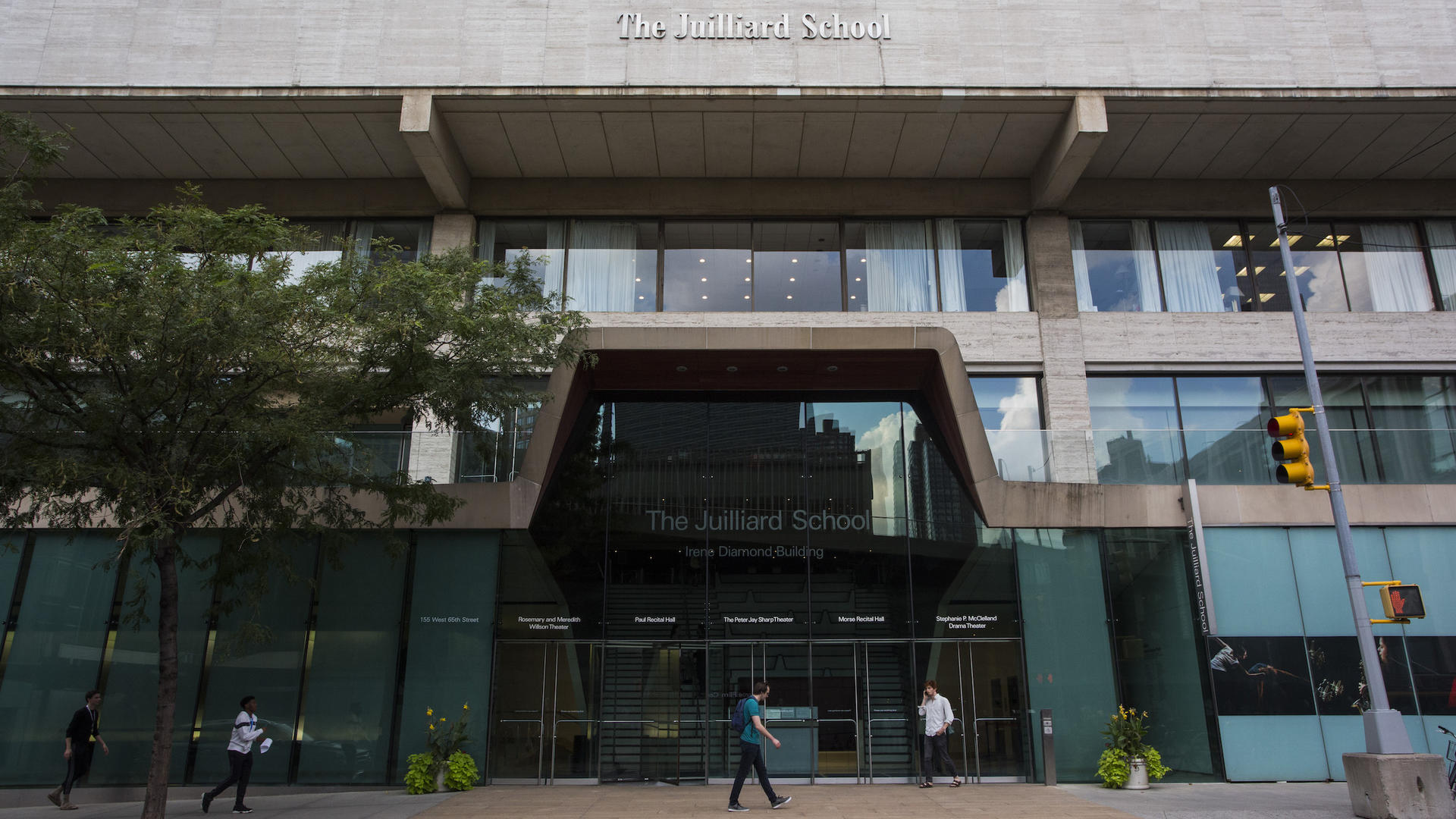
The Office of the Provost has announced a reimagined calendar created with the twin priorities of community safety and maintaining the educational experience. The 2020-21 academic year will include a combination of online and in-person learning. It also staggers the community’s return to the Juilliard building to allow for maximum flexibility in light of the uncertainty surrounding public health and potential travel restrictions and visa complications for international students.
“Our goal over the course of the extended school year is to offer a rich Juilliard curriculum of performances, academic courses, skills-based courses, and group/studio work through a mix of both online and in-person learning,” Adam Meyer, provost designate, and Ara Guzelimian, provost and dean, wrote in emails to students, faculty, staff, and alumni. “Determining which activities should occur on campus, and under what social distancing guidelines, will be driven by governmental and public health expert guidance tailored to Juilliard’s unique environment.”
In many cases, the plan expands upon Juilliard’s traditional offering to students through opportunities like virtual projects and other enhancements to the curriculum and the creation of Summer Term 2020. At no additional expense to students—that is, included in the cost of fall tuition—these added weeks of instruction from July 6 to August 14 will permit incoming and returning students to take for-credit courses plus a range of noncredit offerings including workshops and special events entirely online. These include studio classes for musicians; technique and conditioning classes for dancers; supplemental movement and voice work for actors; and lectures, reading groups, and other activities for all that are organized and led by Juilliard faculty.
Fall Semester Will Have Three Blocks
The reopening plan divides the fall semester into three blocks of approximately seven weeks each. The first two blocks, which begin August 31 and October 29 respectively, will focus on academic coursework with all courses held online. Starting in the second block, in the late fall, pending health department recommendations on group size, in-person small group work and small group classes and rehearsals may begin. The third block, which begins January 6, is to encompass a festival-style performance schedule as social distancing guidelines permit.
The spring term is scheduled to begin March 1 and will, conditions and guidance permitting, feature a standard mix of performance and academic work. This slightly condensed semester will include a spring break and culminate with commencement, which is to take place June 18, 2021.
The details of each block are subject to guidance from health officials and government requirements as the health crisis continues to evolve. Access to classrooms, studios, theater and concert spaces, the library, practice rooms, and large instruments (pianos, harpsichords, harps, organ, percussion) will be provided as health guidelines permit.
The plan recognizes the importance of access to a broad range of Juilliard faculty. “As we learned this spring, with the right planning and investment in resources, much of this work can be successfully achieved in an online environment, while other work is best done in-person if circumstances permit,” Meyer said. “We continue to invest in resources, training, and technology to help to ensure the online work meets our standard of excellence. Equitable access to resources and opportunities across departments and programs is among our highest priorities.”
In making the announcement, Meyer and Guzelimian also thanked the more than 70 members of the faculty and staff who divided into 14 working groups to put together the comprehensive plan. Their decision-making was guided by medical and engineering experts and also took into account feedback from student and faculty surveys and input from the Juilliard Student Congress.
>Want more info? You’ll find lots more details, links to other resources, and a comprehensive FAQ here.